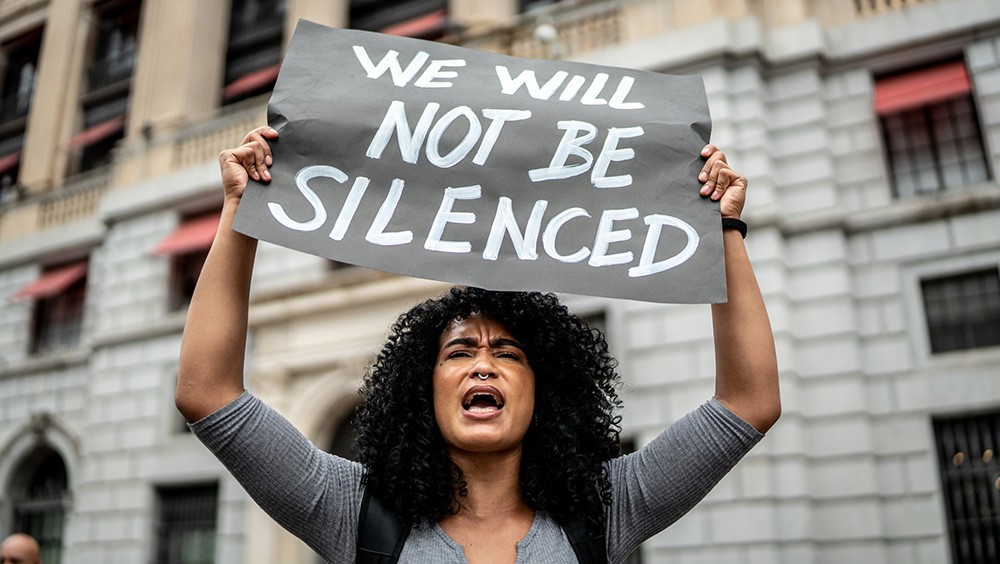Global Media Law and Ethics
Universal media ethics promotes and defends values such as a universal respect for life and incorporates the rule of law and legality. It defines and deals with ethical questions about how media should use texts and pictures provided by the citizens. Global ethics range in the are of critical enquiry into the nature and justification of our values and norms. We tend to contain these issues that arise such as world poverty and international aid, environmental problems, peace and security, intervention, and human rights.
As a global population we face pressing challenges and conflicts. For an example we face:
- climate change
- public health
- freedom of expression
- religious freedom
- reparations
- global justice
- immigration
- terrorism
- pollution
Global media ethics carry different cultures, different laws, and different politics. What that means is that you must be careful how you act, what you say, and how you approach certain cultures because everyone is not the same. There was a class debate we once had in English when I was in the 11th grade. The argument was how Hawaiian people dislike Americans. The truth in that is that they don't just dislike us but they don't like that Americans don't respect their cultural values and that's where the problem is created.
Freedom of Speech is a grand factor in global media. It creates an opportunity for people to discuss matters the way they want. If a certain issue doesn't sound correct or as detailed as you would like it to be, does not give you the justification to put their thought or ideas down. Everyday that becomes more and more difficult for people to understand. This is why there is so many debates, wars, criminal activity, and wrongful accusations. Citizens must find and create a balance within themselves to better the community.
The worst part in global media is that some of the largest companies own some of these outlets. That prevents certain experienced voices to be heard and make a difference in society. There are many conniving people with authority over a lot of things. They always tend to make bad or corrupted news disappear about them. Majority of the time it is due to them being very rich and we all know money makes you powerful.
In ending my claim about Global media law and Ethics, there are many developments and emerging trends that impact our industry, society, community and businesses. It is important to respect other cultures, accept freedom of press, and harmonize ourselves.



Comments
Post a Comment